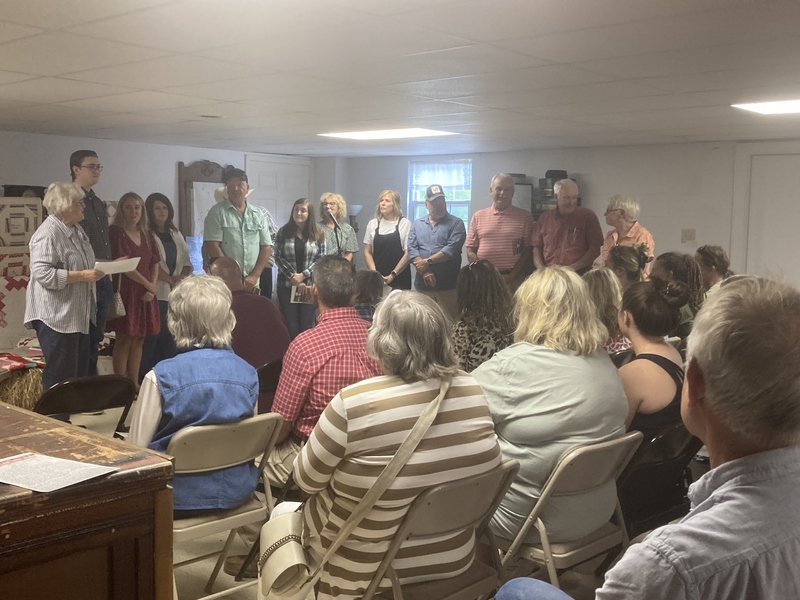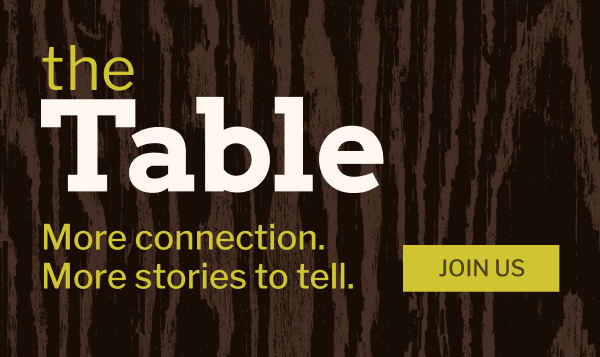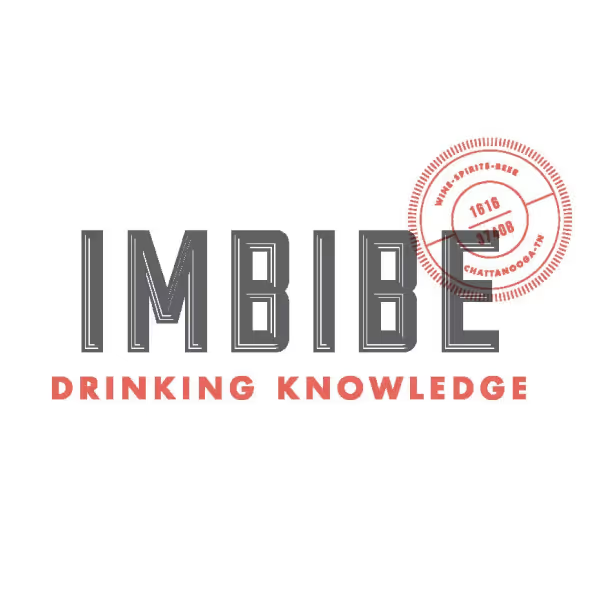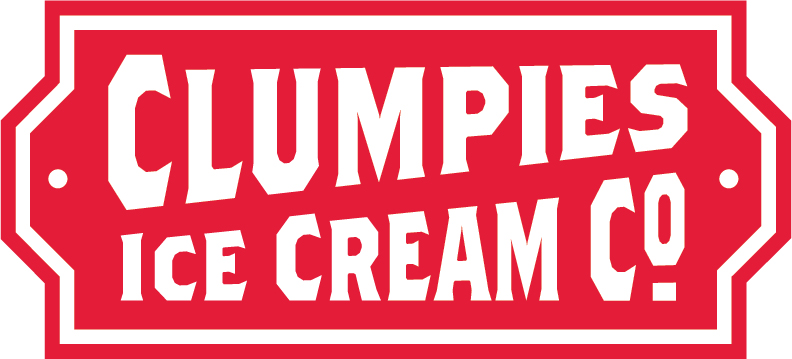
The True Value: from Meigs Co. to McDonald Farm to Montana
Do we value the wild and rural like the flash of the urban city?
Food as a verb thanks
for sponsoring this series

This morning, the Hamilton County Commission will meet to discuss and hear public comments regarding Plan Hamilton, the city and county's first formal attempt at a comprehensive planning guide for growth.
The plan divides Hamilton County into 13 different areas, including the northern most part of Hamilton County - Sale Creek and Soddy Daisy, particularly - designated as Area 13.
This includes McDonald Farm.
County citizens can attend today's presentation at 9.30 am, and voice opinions and concerns.
The rural parts of our county are under tremendous threat and pressure. Decisions made now will have generational impact, for good or for ill.
Are elected leaders able to see the value of generational farmland? The quantifiable and immeasurable value of land stewarded as agricultural? Of the civic and economic and moral worth of the people - our neighbors - farming it?
"Our state is losing ten acres of farmland per hour, which is a staggering number when agriculture is our number one industry," Gov. Bill Lee declared in his State of the State.

Often, we become bedazzled by the urban: spectacular riverfronts, tourist high-rises, suit-and-tie declarations. Rural, we believe, becomes secondary. Less-than.
Last Sunday, Dr. Peggy Douglas hosted her "Roots of Resilience" oral history performance at the Historical Society in Meigs County.
It was a treasure upon treasure. First: Meigs County is gorgeous.
Second, the historical society is a gem.
Third, Peggy collected 13 oral histories of county farmers, which she turned into poetic narratives, which were each read aloud to a standing room only crowd community.
(Unfortunately, Sarah was not among them, so you're stuck with my very un-Sarah iPhone photo.)

"We have the finest farmers in the world," Paulette Jones, director of the Meigs County Historical Society, told the room.
She gave a brief history: in the 1850s, Meigs surpassed McMinn and Rhea counties in agricultural output. Then, the 1920s and 40s, farming became difficult: WWII, TVA, then, the Korean War. Then, the rise of tobacco, a cash crop that funded many college educations.
And today?
There are "315 farms and 51,000 acres of land in Meigs County." Ten are century farms, she said, including one farm that dates back to 1820.

Peggy collected oral histories of 13 Meigs County farmers, then wrote them into poetic narratives, each read by a Meigs County neighbor.
- To be a farmer is to be a student forever, for each day brings something new.
- My goal for the future: I want to be the man who rides for right, the cowboy who always comes back, a white hat in a world that needs one
It was a good reminder that not all that glitters is gold; sometimes, the finest and most valuable people and places are not in the urban flash - which gets all the headlines - but rather in the 4.30 am milkings, the eyes that had studied the same field for 50 years, the families who pledge their lives to stewarding this little corner of Creation.
Maybe this land is not for sale - maybe
It should be kept, cradled and promised to the wind, the roots and the quiet ones who have always belong to it, waiting
To be farmed again, I listen as a tractor idles in the distance, and let it be.

Two Thursdays ago, Randall Tomlinson spoke to a crowd of friends and fans at our Little Coyote Speaker Series. The regenerative-ag farmer did a masterful job blending wisdom, humor and a far-pasture creativity. Some folks can do one. He did all three.
Some highlights:
- I have been focused on for a long time on ... animal grazing, and their magical ability to transform grass into better soil, and this sort of perpetual motion machine that they create of putting more out then they take in and that's that's a true miracle of life.

- The joy of food comes from it being complicated. It comes from it starting from a complicated place, raised by complicated people, motivated by a whole slew of complicated things. I don't know a single farmer who is doing a bad thing. I know a lot of farmers that have learned a lot of really bad practices from institutions without the total societal goal at heart. And so, and what is that goal? I don't know, human happiness, maybe?

- In attempting to get a deeper understanding of your food and where it comes from and the people that make it, your lives will get better.
- I don't know any farmer who is making it right now that didn't inherit their land or get it through some other kind of means.

- Photosynthesis has been a building block of everything else that happens. And that process ... will always win out. It's just a question of whether or not the humans will be around to reap those rewards. We can work with that process and we can take advantage of the fact that there is this gift that nature has handed us of diversity and sharing and abundance or we can take the path that we're currently on, which is mine, consume, and abuse. And the only thing that will really be hurt by that is us in the long run.

- Randall referenced Dr. Allen Williams:
He says, 'We as farmers are not meant to feed the world. We're meant to feed our communities.' We're meant to feed the people around us. And if there were just a couple more farmers, rather than fewer farmers farming more acres, applying more fertilizer and more chemicals than we ever have before to grow more corn in this country than we ever have before, most of which doesn't go towards feeding people - it goes towards feeding animals, it goes towards feeding cars - then we could potentially feed everybody and everybody could get fed.
The full podcast interview can be found here for members of The Table.

- Finally, a reminder + photo.
This Tuesday, The Table is partying at JMac's on Georgia Ave., with a most (in)famous guest speaker: me.
I'll tell the origin story of Food as a Verb, which also threads together our own country's story re: media, agriculture and community.
Completely free. Good wine and good community guaranteed. Please join us.
To reserve your spot, click here.
And, we're saying goodbye today with one of our favorite recent photos ... straight from the heart of Montana.
A good friend carried Food as a Verb with her on a recent river trip. Is there anything more beautiful than a Montana river? We were hopped up to see this.
Cheers, everyone.

Story ideas, questions, feedback? Interested in partnering with us? Email: david@foodasaverb.com
This story is 100% human generated; no AI chatbot was used in the creation of this content.
This morning, the Hamilton County Commission will meet to discuss and hear public comments regarding Plan Hamilton, the city and county's first formal attempt at a comprehensive planning guide for growth.
The plan divides Hamilton County into 13 different areas, including the northern most part of Hamilton County - Sale Creek and Soddy Daisy, particularly - designated as Area 13.
This includes McDonald Farm.
County citizens can attend today's presentation at 9.30 am, and voice opinions and concerns.
The rural parts of our county are under tremendous threat and pressure. Decisions made now will have generational impact, for good or for ill.
Are elected leaders able to see the value of generational farmland? The quantifiable and immeasurable value of land stewarded as agricultural? Of the civic and economic and moral worth of the people - our neighbors - farming it?
"Our state is losing ten acres of farmland per hour, which is a staggering number when agriculture is our number one industry," Gov. Bill Lee declared in his State of the State.

Often, we become bedazzled by the urban: spectacular riverfronts, tourist high-rises, suit-and-tie declarations. Rural, we believe, becomes secondary. Less-than.
Last Sunday, Dr. Peggy Douglas hosted her "Roots of Resilience" oral history performance at the Historical Society in Meigs County.
It was a treasure upon treasure. First: Meigs County is gorgeous.
Second, the historical society is a gem.
Third, Peggy collected 13 oral histories of county farmers, which she turned into poetic narratives, which were each read aloud to a standing room only crowd community.
(Unfortunately, Sarah was not among them, so you're stuck with my very un-Sarah iPhone photo.)

"We have the finest farmers in the world," Paulette Jones, director of the Meigs County Historical Society, told the room.
She gave a brief history: in the 1850s, Meigs surpassed McMinn and Rhea counties in agricultural output. Then, the 1920s and 40s, farming became difficult: WWII, TVA, then, the Korean War. Then, the rise of tobacco, a cash crop that funded many college educations.
And today?
There are "315 farms and 51,000 acres of land in Meigs County." Ten are century farms, she said, including one farm that dates back to 1820.

Peggy collected oral histories of 13 Meigs County farmers, then wrote them into poetic narratives, each read by a Meigs County neighbor.
- To be a farmer is to be a student forever, for each day brings something new.
- My goal for the future: I want to be the man who rides for right, the cowboy who always comes back, a white hat in a world that needs one
It was a good reminder that not all that glitters is gold; sometimes, the finest and most valuable people and places are not in the urban flash - which gets all the headlines - but rather in the 4.30 am milkings, the eyes that had studied the same field for 50 years, the families who pledge their lives to stewarding this little corner of Creation.
Maybe this land is not for sale - maybe
It should be kept, cradled and promised to the wind, the roots and the quiet ones who have always belong to it, waiting
To be farmed again, I listen as a tractor idles in the distance, and let it be.

Two Thursdays ago, Randall Tomlinson spoke to a crowd of friends and fans at our Little Coyote Speaker Series. The regenerative-ag farmer did a masterful job blending wisdom, humor and a far-pasture creativity. Some folks can do one. He did all three.
Some highlights:
- I have been focused on for a long time on ... animal grazing, and their magical ability to transform grass into better soil, and this sort of perpetual motion machine that they create of putting more out then they take in and that's that's a true miracle of life.

- The joy of food comes from it being complicated. It comes from it starting from a complicated place, raised by complicated people, motivated by a whole slew of complicated things. I don't know a single farmer who is doing a bad thing. I know a lot of farmers that have learned a lot of really bad practices from institutions without the total societal goal at heart. And so, and what is that goal? I don't know, human happiness, maybe?

- In attempting to get a deeper understanding of your food and where it comes from and the people that make it, your lives will get better.
- I don't know any farmer who is making it right now that didn't inherit their land or get it through some other kind of means.

- Photosynthesis has been a building block of everything else that happens. And that process ... will always win out. It's just a question of whether or not the humans will be around to reap those rewards. We can work with that process and we can take advantage of the fact that there is this gift that nature has handed us of diversity and sharing and abundance or we can take the path that we're currently on, which is mine, consume, and abuse. And the only thing that will really be hurt by that is us in the long run.

- Randall referenced Dr. Allen Williams:
He says, 'We as farmers are not meant to feed the world. We're meant to feed our communities.' We're meant to feed the people around us. And if there were just a couple more farmers, rather than fewer farmers farming more acres, applying more fertilizer and more chemicals than we ever have before to grow more corn in this country than we ever have before, most of which doesn't go towards feeding people - it goes towards feeding animals, it goes towards feeding cars - then we could potentially feed everybody and everybody could get fed.
The full podcast interview can be found here for members of The Table.

- Finally, a reminder + photo.
This Tuesday, The Table is partying at JMac's on Georgia Ave., with a most (in)famous guest speaker: me.
I'll tell the origin story of Food as a Verb, which also threads together our own country's story re: media, agriculture and community.
Completely free. Good wine and good community guaranteed. Please join us.
To reserve your spot, click here.
And, we're saying goodbye today with one of our favorite recent photos ... straight from the heart of Montana.
A good friend carried Food as a Verb with her on a recent river trip. Is there anything more beautiful than a Montana river? We were hopped up to see this.
Cheers, everyone.

Story ideas, questions, feedback? Interested in partnering with us? Email: david@foodasaverb.com
This story is 100% human generated; no AI chatbot was used in the creation of this content.

















